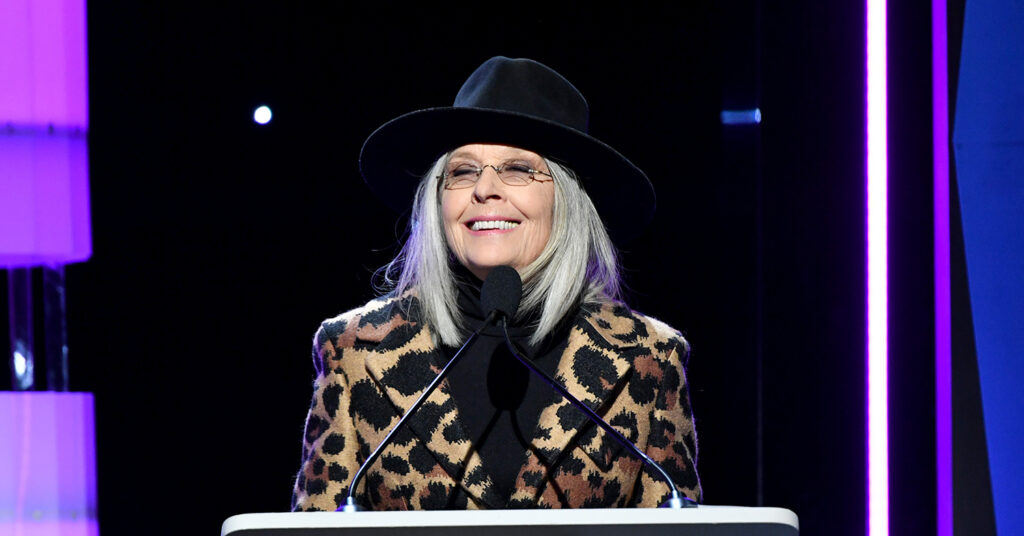Netflix docu-series “Tiger King” has captivated viewers and overtaken social media timelines since its release last month. The show—which focuses predominantly on Joe Exotic, owner of G.W. Zoo in Wynnewood, Oklahoma and his arch-rival Carole Baskin, owner of Tampa, Florida’s Big Cat Rescue—was watched by 34 million U.S. viewers within 10 days.
Many were shocked by the mistreatment of big cats in the series. As well as the 18-year-long prison sentence he received for hiring someone to kill Baskin, Exotic received an extra five for shooting five tigers dead in a bid to make room for more cats.
Now, an act that would ban the private ownership of big cats has gained endorsements from actors Diane Keaton and Maggie Q.
It’s estimated that between 5,000 and 7,000 caged tigers are legally kept as pets in the U.S. According to the World Wildlife Fund, 3,890 tigers remain in the wild.
The Big Cat Public Safety Act (HR1380) would make private ownership illegal. It would also ban exhibitors from allowing public contact with cubs.
“All you have to do is ask yourself two questions. How did this animal get to me, and am I giving it the life it would be living naturally,” Maggie Q told LIVEKINDLY in an email. The vegan actor and activist, along with Academy Award winner Keaton, is a board member of the animal protection group Social Compassion in Legislation (SCIL).
A ‘Dark and Profitable’ Business
Throughout the U.S., roadside zoos and other exhibits offer visitors the experience of handling live tiger cubs for photo opportunities.
“The wild animal trade is a dark business and a profitable one. The purpose of these animals on this planet is their contribution to the greater ecosystem,” Maggie Q continued.
According to Smithsonian, cubs used for photo opportunities are separated from their mothers shortly after birth. This deprives them of their natural development. Cubs often later end up as someone’s pet.
A Domino Effect
The charismatic tiger is an apex predator, which plays the vital role of helping to keep the wildlife population in check. This, in turn, ensures that there is a balance between prey, predators, and vegetation. When an apex predator goes extinct, it sets off a domino effect that may cause the entire ecosystem to collapse.
“If [tigers] aren’t living that life …(with the exception of conservation programs that re-release animals into the wild) they are not living their actual purpose. Possession is an act of Ego, not an act of love,” Maggie Q added.
Earlier this month, Keaton and other SCIL board members met with bill author Congressman Mike Quigley, representative of Illinois’ Fifth District, to lay the foundation of grassroots support for the bill. It is expected to move forward after “immediate action” in response to the COVID-19 pandemic.


